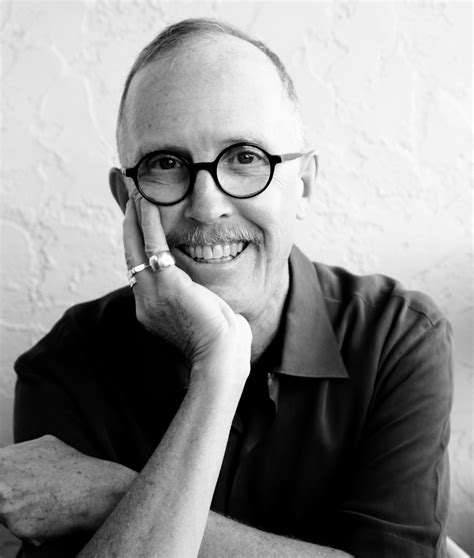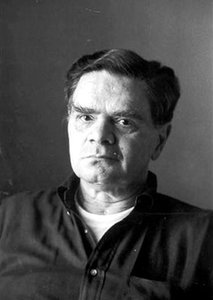A Quote by John Barton
Writing can sometimes be exploitative. I like to take a few steps of remove in order to respect the privacy of the subject. If readers make the link, they have engaged with the poem.
Related Quotes
The subject of the poem usually dictates the rhythm or the rhyme and its form. Sometimes, when you finish the poem and you think the poem is finished, the poem says, "You're not finished with me yet," and you have to go back and revise, and you may have another poem altogether. It has its own life to live.
One thing I like about writing is that it provides such a wonderful opportunity for confidential chats with readers. In the privacy of writing, and reading, we can discuss topics that are a little touchy, a bit embarrassing, and feel less alone in the process. Feeling consumed by memories from high school. Feeling wimpy. Feeling time-obsessed. Yearning for our fathers. Wishing we were taller, or shorter, or less average. To name just a few.
I'm always writing towards a discovery. When I'm writing poems in particular, I'm often writing because a few images coalesced in my mind and I thought, "I wonder why these images are abrading against each other. I wonder what happens if put them in a poem and explore them." I'm trying to learn something every time I write a poem.
I hope any poem I've ever written could stand on its own and not need to be a part of biography, critical theory or cultural studies. I don't want to give a poetry reading and have to provide the story behind the poem in order for it to make sense to an audience. I certainly don't want the poem to require a critical intermediary - a "spokescritic." I want my poems to be independently meaningful moments of power for a good reader. And that's the expectation I initially bring to other poets' writing.



































